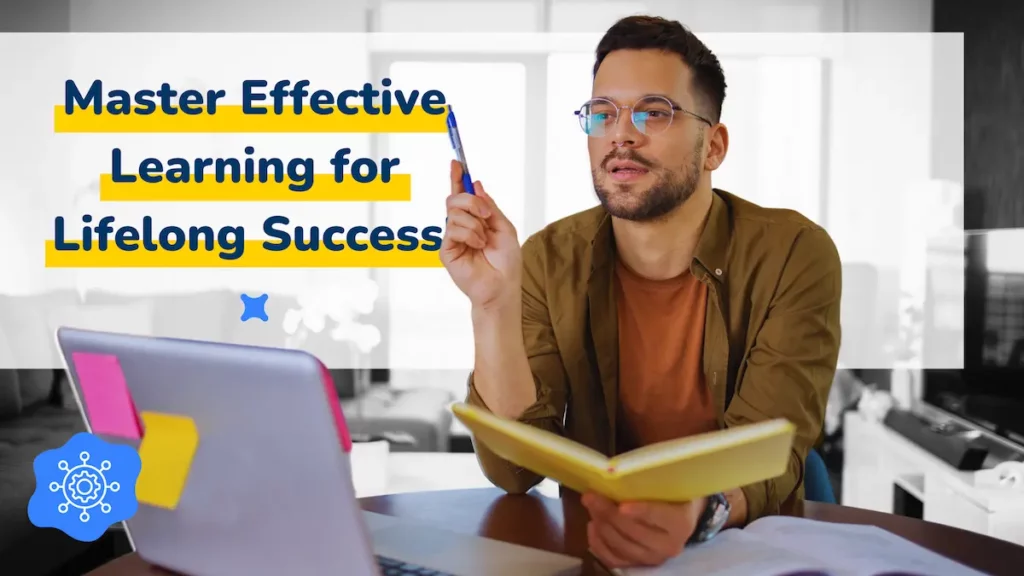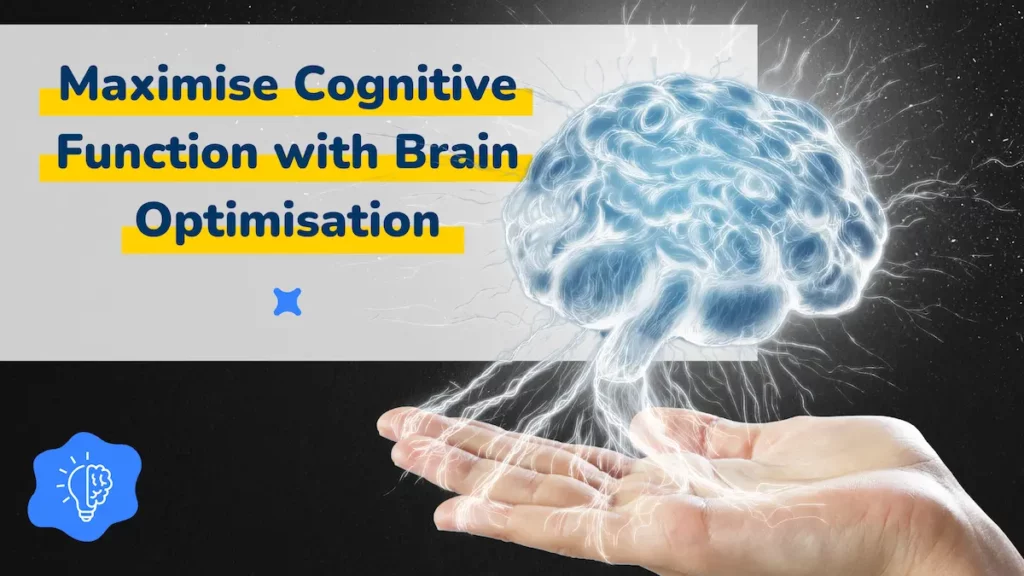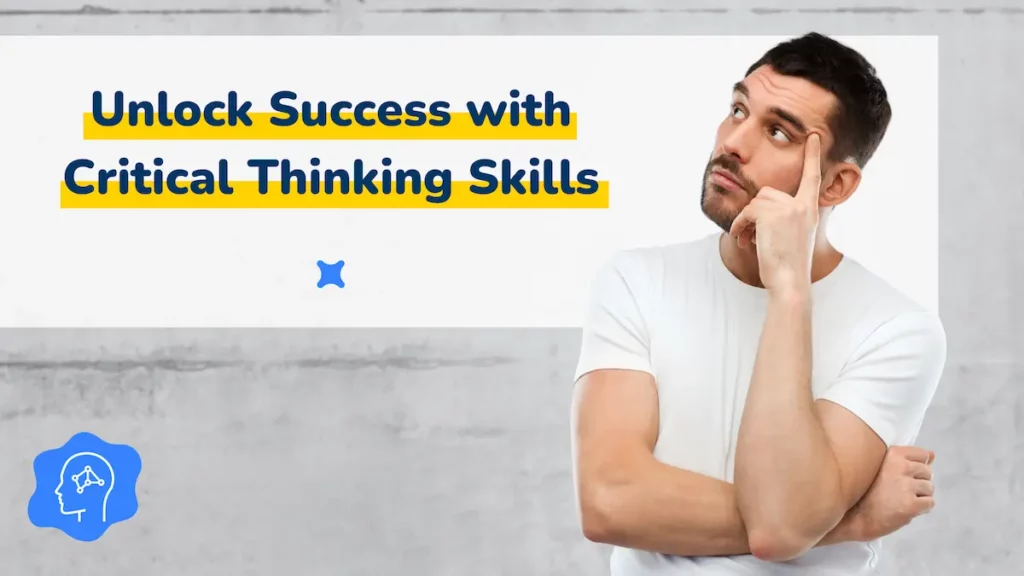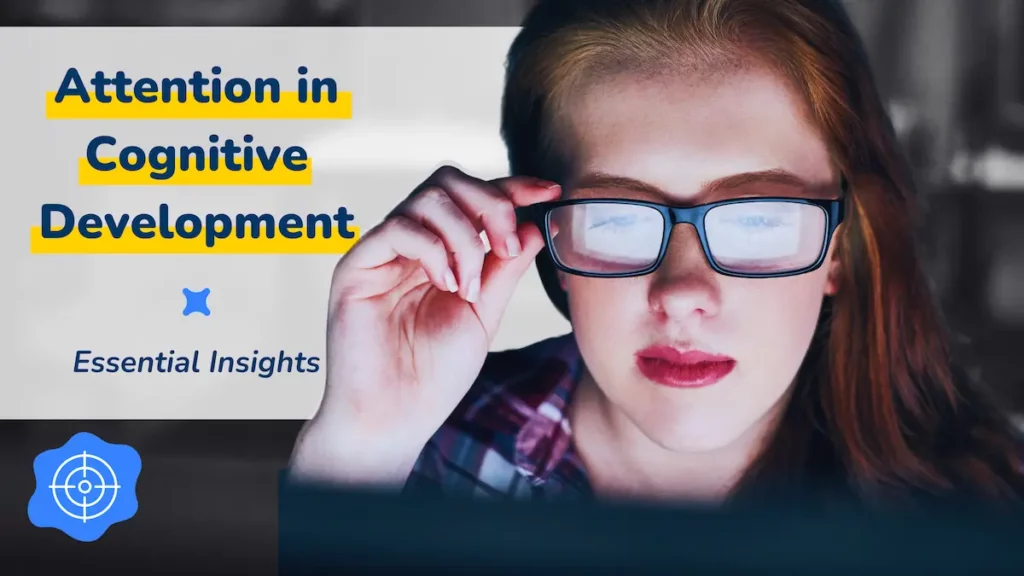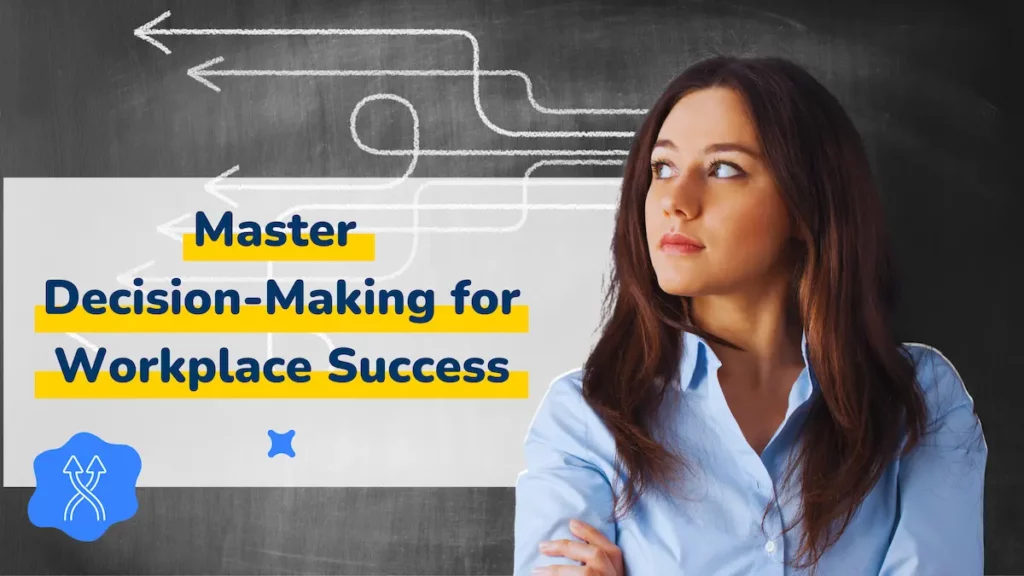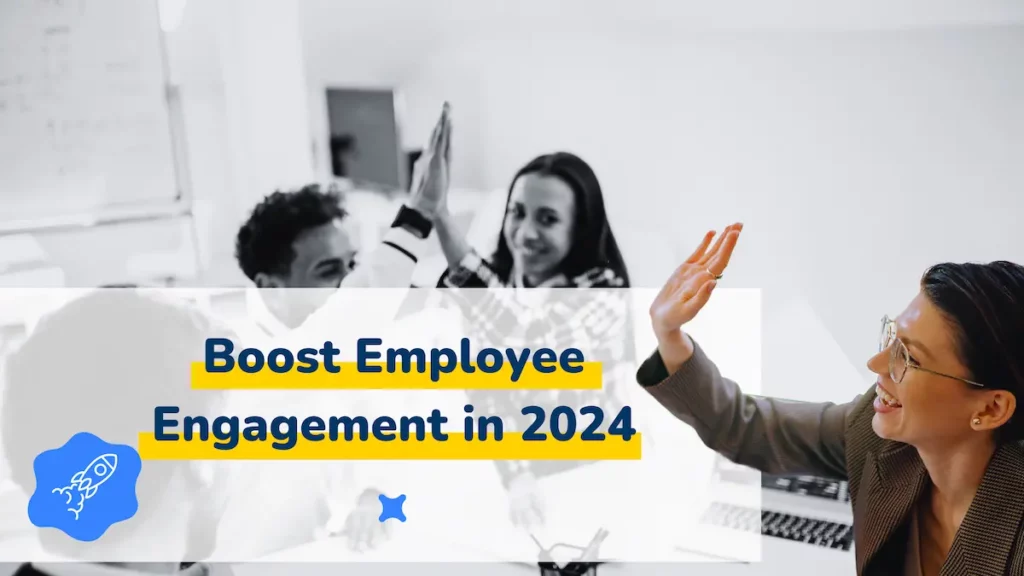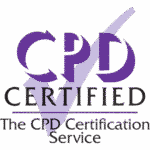In today’s rapidly changing world, the ability to learn efficiently and effectively is more crucial than ever. Whether you’re a student aiming for academic excellence, a professional seeking career advancement, or someone dedicated to personal growth, mastering the art of effective learning can unlock limitless potential. This comprehensive guide explores proven strategies to boost your learning abilities and achieve sustained success.
Effective learning is not just about absorbing information; it’s about understanding how your brain processes and retains knowledge, applying active learning techniques, creating a conducive environment, and maintaining the right mindset. Additionally, leveraging courses like inGeniusly can provide personalised guidance to enhance your learning journey. By incorporating these strategies into your routine, you can enhance your ability to acquire, retain, and apply knowledge, leading to lifelong success.
Understanding the Process for Effective Learning
The Science of Learning
Learning involves the brain’s capacity to acquire, retain, and recall new information. It’s a complex process shaped by various cognitive functions, including memory, attention, and problem-solving skills. Understanding how these functions operate can significantly enhance your learning efficiency.
Key Cognitive Functions
Memory
Memory is essential for retaining information and is divided into short-term and long-term memory. Techniques like spaced repetition and active recall can significantly improve memory retention. Spaced repetition involves reviewing information at increasing intervals to help transfer knowledge from short-term to long-term memory. Active recall, on the other hand, reinforces memory by testing yourself on the material you’ve learned. This can be done through flashcards, quizzes, or teaching the material to someone else.
Attention
The ability to concentrate on relevant information while ignoring distractions is crucial for effective learning. Enhancing attention can be achieved through mindfulness practices and reducing multitasking. Mindfulness meditation, for example, can boost attention and focus by training the brain to maintain concentration and manage distractions.
Problem-Solving
Applying knowledge to new situations involves strong problem-solving skills. Cultivating critical thinking and practising problem-solving techniques can enhance this cognitive function. Engaging in activities that challenge your problem-solving abilities, such as puzzles or strategic games, can be beneficial.
Effective Learning Strategies
Active Learning Techniques
Active learning engages the brain more effectively than passive methods by involving interaction, application, and critical thinking.
Spaced Repetition
Reviewing information at increasing intervals helps transfer knowledge from short-term to long-term memory. Tools like Anki can be particularly helpful for implementing spaced repetition in your study routine. This technique ensures that the information is reviewed just before it’s likely to be forgotten, reinforcing retention.
Active Recall
Active recall reinforces memory by testing yourself on the material you’ve learned. This can be done through flashcards, quizzes, or teaching the material to someone else. For instance, explaining a concept to a peer or even to yourself can significantly enhance your understanding and retention of the material.
Interleaving
Interleaving involves mixing different topics or subjects while studying, which can improve learning compared to blocking, where one topic is studied extensively before moving to the next. By interleaving, you challenge your brain to differentiate between topics, enhancing comprehension and retention.
Enhancing Concentration and Focus
Pomodoro Technique
The Pomodoro Technique involves working in short, focused bursts (usually 25 minutes), followed by a short break. This method enhances concentration and reduces mental fatigue, making it easier to maintain focus over longer periods. Using a timer or specialised Pomodoro apps can help implement this technique effectively.
Mindfulness and Meditation
Practices like mindfulness meditation can boost attention and focus by training the brain to maintain concentration and manage distractions. Even a few minutes of meditation daily can improve cognitive functions related to attention and emotional regulation.
Minimising Multitasking
Concentrating on one task at a time can improve the quality of learning and reduce cognitive overload. Multitasking often leads to shallow processing of information, whereas focusing on a single task allows for deeper understanding and better retention.
Improving Reading and Comprehension
SQ3R Method
The SQ3R Method involves Surveying, Questioning, Reading, Reciting, and Reviewing to improve understanding and retention of written material. This systematic approach encourages active engagement with the text, leading to better comprehension and memory.
Mind-mapping and Note-Taking
Engage actively with the text by highlighting, underlining, and taking notes. This not only enhances comprehension but also makes it easier to review and recall important information later. Techniques such as mind-mapping can be particularly effective.
Speed Reading Techniques
Techniques such as chunking, minimising subvocalisation, and using a pointer can help you read faster without sacrificing comprehension. Speed reading can be particularly useful for managing large volumes of information efficiently.
Creating an Optimal Learning Environment
Physical Environment
Minimise Distractions
Choosing a quiet, well-lit space for studying is crucial for maintaining focus. Minimise distractions by keeping your study area clutter-free and using noise-cancelling headphones if needed. A clean and organised space can significantly improve your ability to concentrate and process information efficiently.
Comfortable Seating and Ergonomics
Ensure your study area is ergonomically designed to prevent physical discomfort and support prolonged focus. A comfortable chair, proper desk height, and good posture can prevent strain and fatigue, allowing you to study for longer periods without discomfort.
Digital Environment
Use Technology Wisely
Utilise educational apps, online courses, and digital flashcards to enhance learning, but avoid distractions like social media. Tools like Anki for spaced repetition, Evernote for note-taking, and Coursera for online courses can be invaluable. However, it’s essential to set boundaries and manage your digital environment to prevent distractions.
Digital Organisation
Keep your digital study materials organised using folders, tags, and note-taking apps like Evernote or OneNote. An orderly digital workspace can help you find information quickly and reduce the time spent searching for materials, allowing more time for focused study.
Enhancing Motivation and Mindset
Growth Mindset
Adopting a growth mindset, as proposed by Carol Dweck, involves believing that abilities and intelligence can be developed through effort and perseverance. This mindset encourages resilience and a willingness to tackle challenges, which are essential for long-term learning success. Embrace mistakes as opportunities for growth and focus on the process of learning rather than solely on outcomes.
Setting Goals
Setting Specific, Measurable, Achievable, Relevant, and Time-bound (SMART) goals can provide direction and motivation. Clear goals help you stay focused and measure progress. Break larger goals into smaller, manageable tasks to maintain momentum and make the process less overwhelming. Regularly review and adjust your goals to stay aligned with your learning objectives.
Intrinsic vs. Extrinsic Motivation
Understanding the difference between intrinsic motivation (driven by internal rewards) and extrinsic motivation (driven by external rewards) is crucial for sustained learning. Intrinsic motivation, such as a genuine interest in the subject or the joy of mastering a skill, tends to be more sustainable. Strive to find intrinsic motivators that resonate with you, as they can lead to more profound and lasting engagement with the material.
Overcoming Procrastination
Identify Causes
Understanding why you procrastinate is the first step to overcoming it. Common reasons include fear of failure, perfectionism, and lack of motivation. Reflect on your habits and identify any underlying causes that may be hindering your productivity.
Break Tasks into Smaller Steps
Dividing larger tasks into smaller, manageable steps can make them less overwhelming and easier to start. Create a detailed action plan and tackle one step at a time, celebrating small victories along the way. This approach can reduce anxiety and build momentum, making it easier to maintain progress.
Leveraging Social Learning
Study Groups and Peer Learning
Collaborative Learning
Engaging in study groups can be a highly effective way to enhance learning. Collaborative learning allows you to share knowledge, discuss concepts, and solve problems together. The interaction with peers can provide new perspectives and help clarify difficult topics. Additionally, explaining concepts to others reinforces your understanding and retention of the material.
Peer Teaching
Reinforcing your understanding by teaching others is a powerful learning strategy. When you explain a concept or process to someone else, you engage in active recall and critical thinking. This method helps solidify your knowledge and identify any gaps in your understanding.
Online Learning Communities
Forums and Discussion Boards
Participating in online forums and discussion boards, such as Reddit or Stack Exchange, can provide access to a broader community of learners. These platforms allow you to ask questions, share insights, and receive feedback from individuals with diverse expertise and experiences. Engaging in these communities can enhance your learning and provide support and motivation.
MOOCs and Online Courses
Enrolling in Massive Open Online Courses (MOOCs) on platforms like Coursera, edX, or Khan Academy allows you to learn from experts worldwide. These courses often include discussion forums, peer assessments, and collaborative projects, providing a rich, interactive learning experience. Online courses can supplement traditional learning and provide access to high-quality education on various subjects.
Utilising inGeniusly for Personalised Learning
Understanding Your Unique Cognitive Profile
inGeniusly helps you navigate different skills effectively by understanding your unique cognitive profile. Our assessment analyses your learning preferences, strengths, and weaknesses to provide tailored strategies that align with your individual needs. By understanding how you learn best, inGeniusly can simplify and create order in your learning process.
Tailoring Techniques to Your Needs
Based on your cognitive profile, inGeniusly tailors learning techniques to match your unique characteristics and goals. Whether you need to improve memory retention, enhance focus, or develop critical thinking skills, inGeniusly provides personalised recommendations to optimise your learning efficiency.
Simplifying and Creating Order
inGeniusly simplifies the learning process by organising information and strategies in a way that is easy to understand and implement. Our course helps you prioritise tasks, set achievable goals, and maintain motivation. By creating a structured and organised approach to learning, inGeniusly ensures that you can focus on what matters most and achieve sustained success.
Becoming an effective learner is an ongoing process that involves understanding cognitive functions, applying active learning strategies, creating an optimal learning environment, maintaining motivation, and leveraging social learning. By incorporating these techniques into your routine, you can enhance your ability to acquire, retain, and apply knowledge, leading to lifelong success.
In addition to these strategies, utilising courses like inGeniusly can further personalise your learning journey. By understanding your unique cognitive profile, inGeniusly tailors learning techniques to meet your specific needs and goals. This personalised approach simplifies the learning process, creates order, and helps you stay motivated and focused.
Remember, effective learning is not just about absorbing information; it’s about developing a growth mindset, setting clear goals, and continuously adapting your strategies to improve. Embrace these comprehensive strategies to unlock your true potential in any field you pursue. Lifelong learning is a journey, and with the right techniques and tools, you can achieve sustained success and personal growth.
